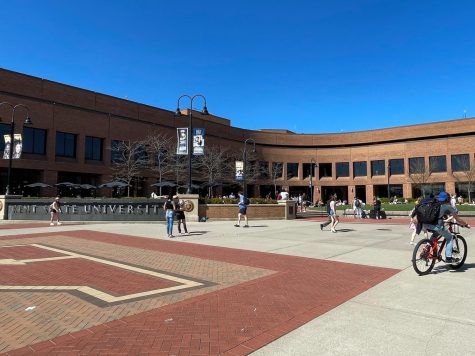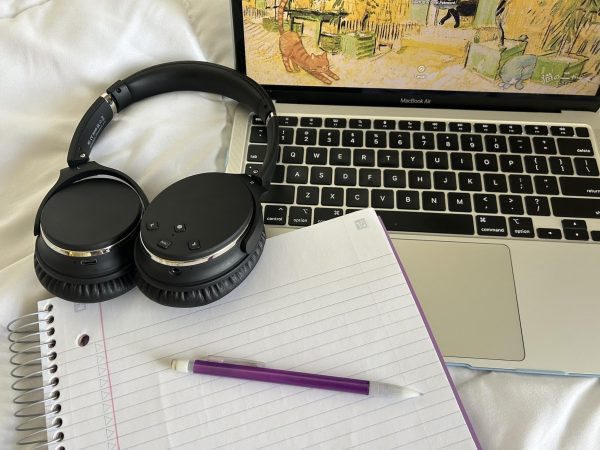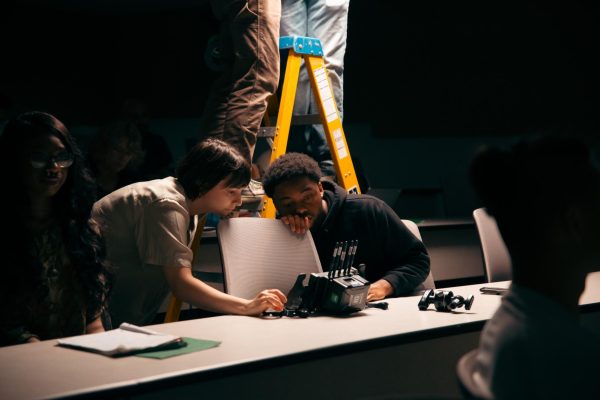Colleges try to solve music woes
April 9, 2007
McClatchy Newspapers
Despite thousands of complaints already filed by the music industry this year against college students who illegally download music, many of them continue to do it.
“I don’t have time to run out to the store, and it’s cheaper,” Mercer University sophomore Adam Cornett said.
Attitudes like Cornett’s, plus mounting pressure from the music industry, are leading colleges to look for their own ways to legally provide music to their students.
“We’ve definitely looked into that possibility, and we’re looking at a number of options,” said Rick Goddard, vice president and chief technology officer at Mercer in Macon, Ga.
The university is looking at different alternatives, including contracting with both pay and free services, he said, although nothing has been decided.
But even legal downloading draws complaints from students.
Sometimes, music files downloaded legally are of lower quality, and some of them only play using specific programs, Cornett said. Plus, it’s a hassle to input credit card information online, he said.
Still, that doesn’t mean students automatically will write off a service the university provides.
“If the price is right and the selection is good, I think it’s something students would use,” Cornett said.
Besides increased pressure from the music industry, colleges are looking at controlling student downloading to save their own networks.
Downloading music and using file-sharing programs can strain a college’s bandwidth, hampering its use for research or other educational purposes, said Donald Steward, chief information officer at Georgia College & State University in Milledgeville, Ga.
Right now, Georgia College is focusing on education about and prevention of illegal file sharing, he said.
The university had talked about starting a contract with Rhapsody, a music subscription service, but then the company opened its doors to individual users, he said.
Georgia College now uses a program that checks computers on the campus network for certain downloading programs and limits students’ use of them, he said.
The network at Macon’s Wesleyan College detects and blocks illegal traffic, said Kevin Ulshafer, Wesleyan’s director of computer and information resources and chief information officer.
Although the college does not now offer its students a downloading service, he said it may come up for discussion.























